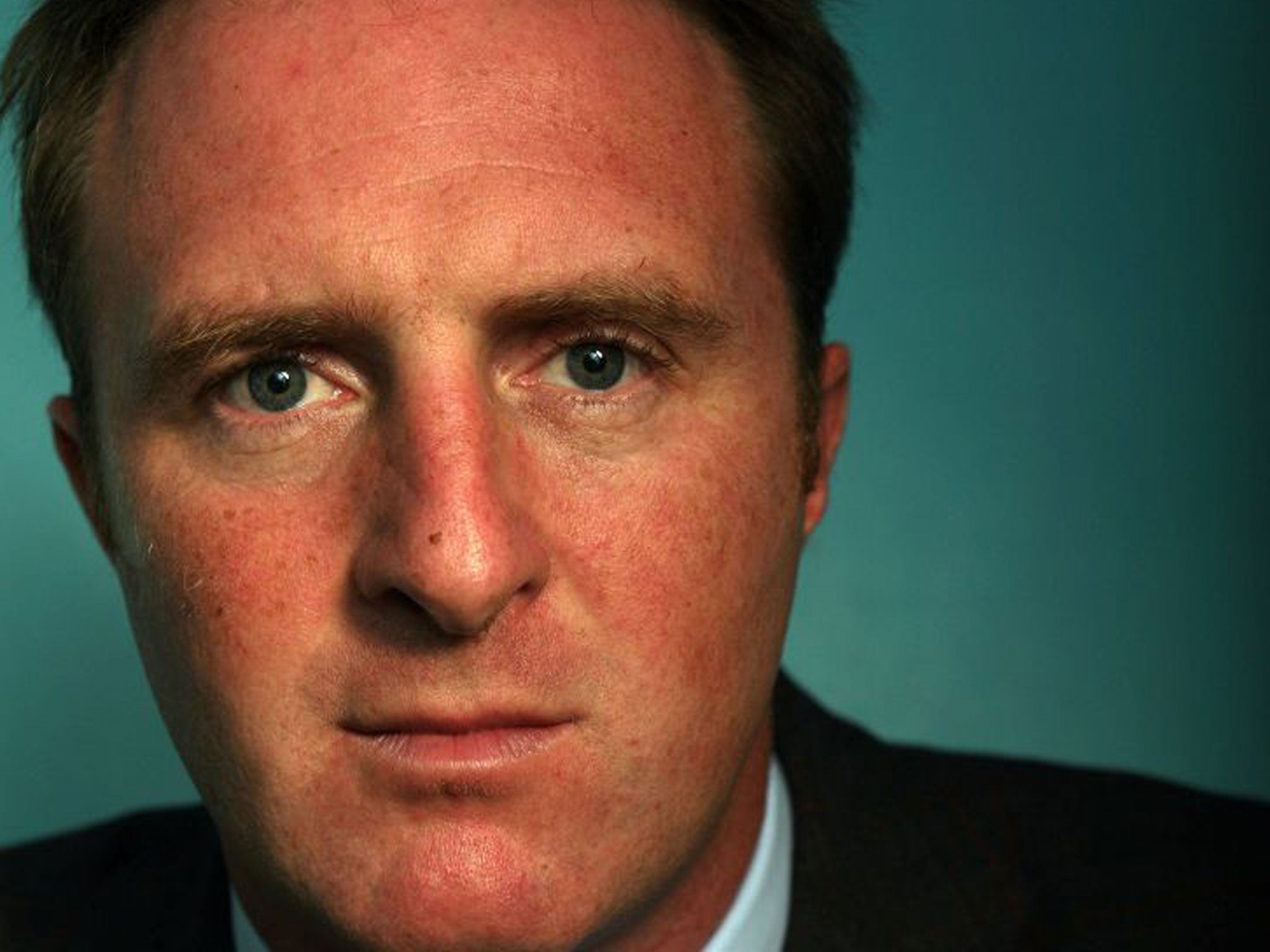Former Times editor James Harding appointed as new Director of BBC News

James Harding, who recently resigned as editor of The Times, has been announced as the new Director of BBC News.
The appointment comes at a critical moment for the BBC’s journalism, which suffered a credibility crisis over the organisation’s handling of the Jimmy Savile and Lord McAlpine scandals late last year.
Harding’s arrival is a key appointment for the new BBC Director General Lord Hall, who began his own new role at the beginning of this month after previously running the Royal Opera House.
Harding will head the news division, which employs more than 8,000 staff, and sit on the BBC's executive and management boards.
He said: "The BBC's newsroom strives to be the best in the world, trusted for its accuracy, respected for its fairness and admired for the courage of its reporting. I am honoured to be a part of it."
Lord Hall praised his "impressive track record".
He said: "I believe he will give BBC News a renewed sense of purpose as it moves away from what has been an undeniably difficult chapter.
"As an organisation, the BBC will also benefit from his external perspective and experience, which he will share as a member of the BBC's executive team."
For Harding the new challenge represents a remarkable transformation in fortunes. He left News Corporation, publisher of The Times, in December after five years of editing the paper.
Harding was popular with his staff but had fallen out with News Corp chairman Rupert Murdoch, who was reportedly unhappy with the paper’s coverage of the phone hacking scandal at the News of the World, which was part of the same company.
For many years the BBC and News Corp have been great rivals in pursuing their respective media ambitions and the corporation’s appointment of Harding is likely to be a source of irritation to Mr Murdoch, who had offered the editor alternative positions at News Corp.
In a departing email to staff in December, Mr Harding made clear that the decision that he should leave the paper had not been his alone. “It has been made clear to me that News Corporation would like to appoint a new editor of The Times. I have, therefore, agreed to stand down. I called Rupert this morning to offer my resignation and he accepted it.”
The Times recently won several accolades at the British Press Awards, including the title of Newspaper of the Year, largely as a result of the investigative reporting which Harding encouraged during his time in charge.
But the appointment will not come without difficulties. BBC journalists will recall that The Times under Harding was an outspoken critic of the broadcaster. Some will resent the arrival of a formerly loyal News Corp executive at the head of the biggest news gathering operation in the world. Those who have worked at the head of BBC News in the past say that Harding’s new role, as the champion of a global army of journalists, is entirely different from that of being a newspaper editor.
He is also set to arrive in a further period of turbulence at the BBC, with questions being raised over the methods used by the flagship Panorama programme in two separate documentaries, including one due to be shown tonight after undercover filming in North Korea. The London School of Economics demanded that the programme be withdrawn because some of its students were used as cover to fool the North Korean authorities
Join our commenting forum
Join thought-provoking conversations, follow other Independent readers and see their replies
Comments
Bookmark popover
Removed from bookmarks